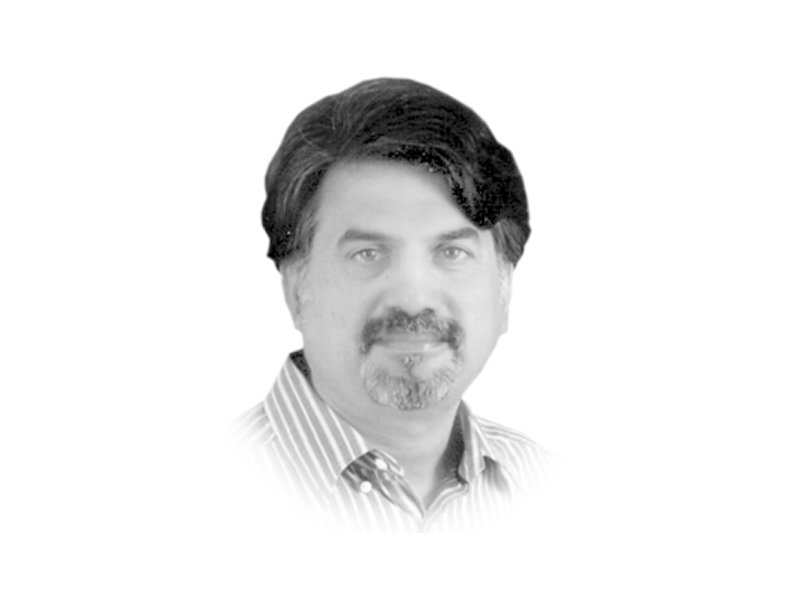
Aristotle’s books were translated in growing numbers as printing press also added for a quantum jump in the spread of learning. ‘Solitary reflection and reading’ replaced ‘Collective control over thinking’ — thus ending the monopoly held on learning by Church alone. Humanism (those who believed in the life of mind) grew and individualism accelerated. What Aristotle proclaimed was that ‘thoughtful man could become a good man and those that were familiar with the work of all ages would live more happily and more justly in their own time.’
The people of Europe changed and so did their fortunes. But interestingly it is the followers (people) who changed in great numbers. Early 17th century, only 25% of Londoners could sign their names and over 90% of women there were illiterate. So was the case with over 300,000 population of Paris.
The willing pursuit of education changed everything in European. It was not politics that changed much but it was the attitude of people towards politics that changed. A massive shift of relative wealth took place towards the upper and the middle class away from the Church and the Crown. As the balance returned to the European society not violence but legislation became the favoured alternative of the people — its result was the rule of law.
What is happening in our country is what Europe jettisoned long ago. The rise to political prominence in Pakistan is not through the process of ‘individual endeavour’ but through ‘right of birth’. Not achievements and their brilliance but the ‘value of blood’ and its mediocrity matters. Leaders send their own children to the best universities in the world to come back and rule us following their parent’s political lineage. What these ‘returning back home political aspirants’ don’t understand is the meaning of real education. The Aristotelian meaning of education is ‘it is not only learning but the production of good citizens’. Are you as a leader a good citizen if those you lead are deliberately kept illiterate, unknowing, uninformed, deprived and ignorant?
In the rapidly-changing social situation in our country where the old rules are fast breaking down, it is not the leader but the followers that matter. Those leaders with inherited properties, privileges and wealth are afraid that their ‘gathered worlds’ might fall apart right in front of their eyes. In an emerging new world in Pakistan, any leadership that keeps the benefits of available opportunities to themselves and their families will only fail. The example of such a social transformation taking place is already evident in the numbers of ‘behind the bars leaders’. If proved guilty this ‘confined and contained leadership’ will actually serve as a specimen of leadership failure for the entire society.
According to a study, 25 million children in this country are out of school and some 3.5 million study in madrasas. Monasteries and madrasas are fine but it’s not the religious faith that is in trouble in this country, it’s the political faith. What the current government needs is sustained public support in these difficult times. If this country wants to change, it will also have to go through a period of re-start and renaissance. The most difficult part would be to move the accumulated benefits in the hands of very few and shift them towards the lower and middle class of the society. Ironically, the very accumulators of these benefits are telling people to rise up against the very government that wants to initiate such a reform.
Aristotle propagated that ‘to know is to understand the cause of the things’. People would never know if they are kept illiterate and it is for this very purpose that this government needs to make sure that every Pakistani child goes to school. The results may not be there for us to see in the short term but in the long term this is the medicine for the disease with which we suffer. The eggs that the reason and logic of Aristotle laid were also hatched late in Europe (in the Renaissance period).
It’s been many centuries since Europe learnt to argue, learn and analyse with logic and reason while we still continue to carry ourselves forward with our ‘closed minds’ that ‘wave the flags’, ‘burn the tires’, ‘destroy the government property’ and ‘throw the flower petals’ but never think ‘why we are doing this?’ This all can change and will change because if the people of this country are ready to bear the pain and difficulties that accompany this reform then they are willing and want the change. All that the government needs to do is tap on the willingness of the people by demonstrating that it will surge forward with the reform without any compromise.
Another important aspect of Europe was how it dealt with Christianity. During the Renaissance Period, Europe no more confined itself to finding the truth only through ‘scriptural interpretations’, it also did that through two other ways — ‘logical reasoning’ and ‘empirical evidence’. This was termed as ‘Aristotalisation of Christianity’. The last two ways were the ‘Aristotelian ways’ which Europe most willingly adopted as it moved forward to seek justice and truth. Without madrasa reforms our country also has no future. If Imran Khan gives in to the pressure tactics of Maulana Fazl ur Rehman whose ‘political nourishment and sustenance’ is locked with the continuity of madrasas in their current form then this country will go nowhere with its renaissance and reform. If you ask me than taking on the Maulana will be the true test of this government’s reformist agenda.
Yes we need more political and religious freedoms. Yes we need to get out of the medieval age in which we are still stuck. But to do that Mr Prime Minister you will have to take few risks and above all remain true to one element of any successful leadership — ‘ruthlessness’ — besides demonstrating humility and forgiveness.
Published in The Express Tribune, June 16th, 2019.
Like Opinion & Editorial on Facebook, follow @ETOpEd on Twitter to receive all updates on all our daily pieces.


1729662874-0/One-Direction-(1)1729662874-0-165x106.webp)








COMMENTS
Comments are moderated and generally will be posted if they are on-topic and not abusive.
For more information, please see our Comments FAQ